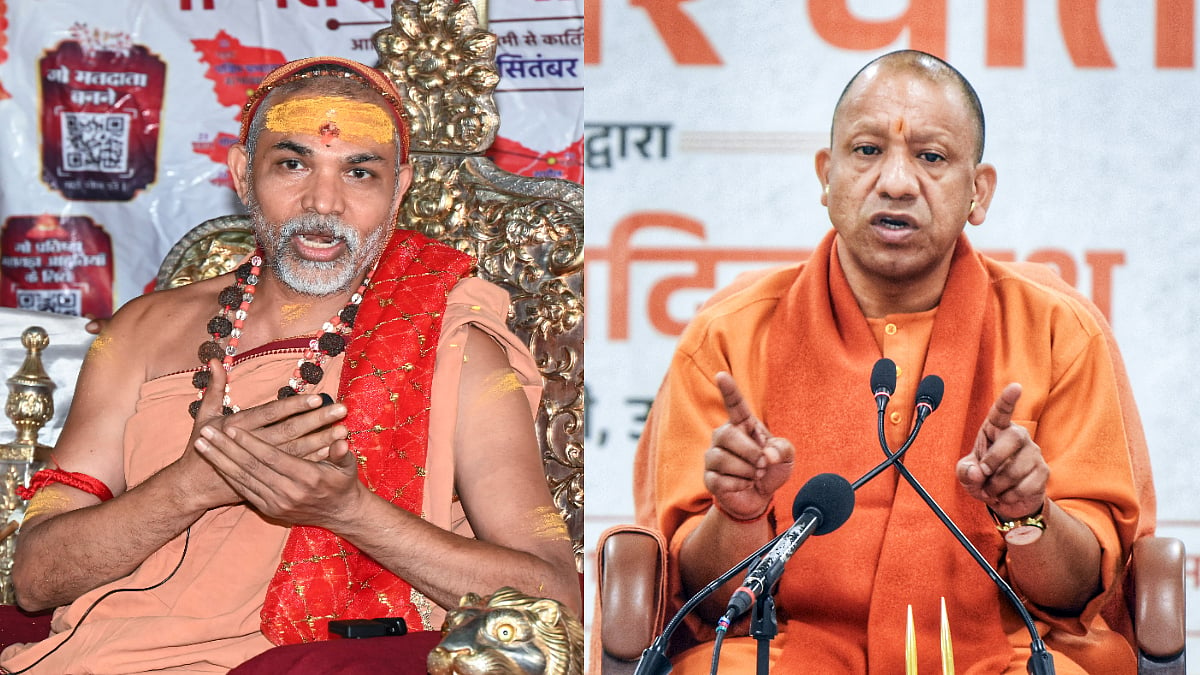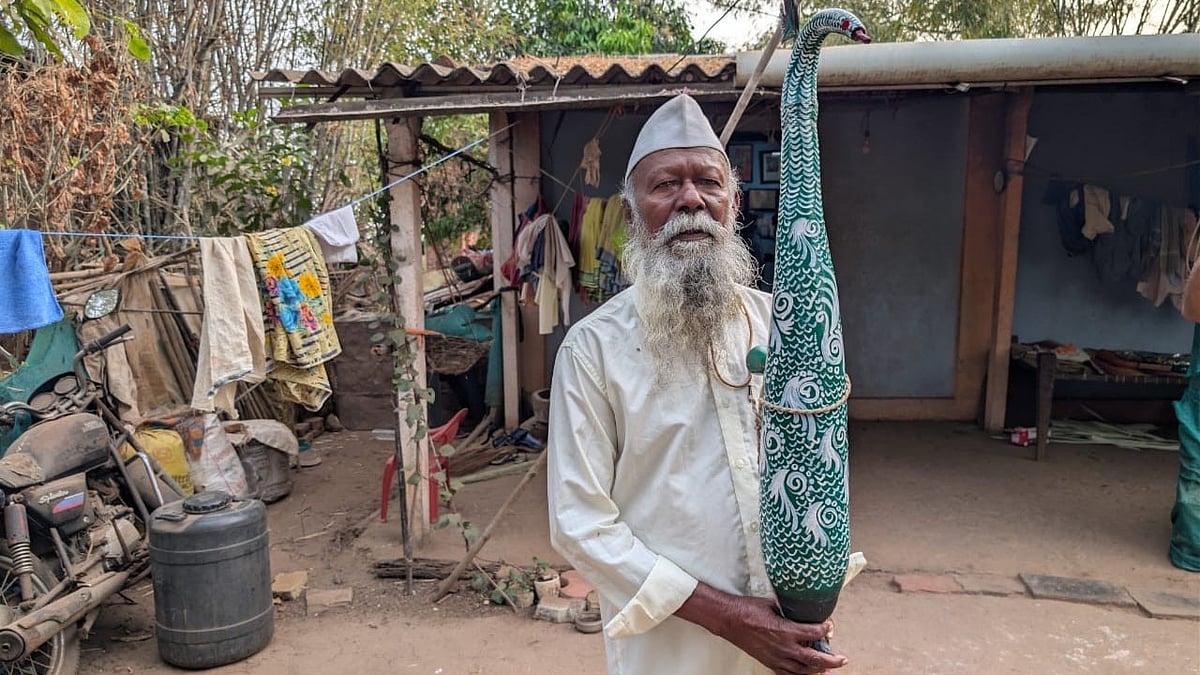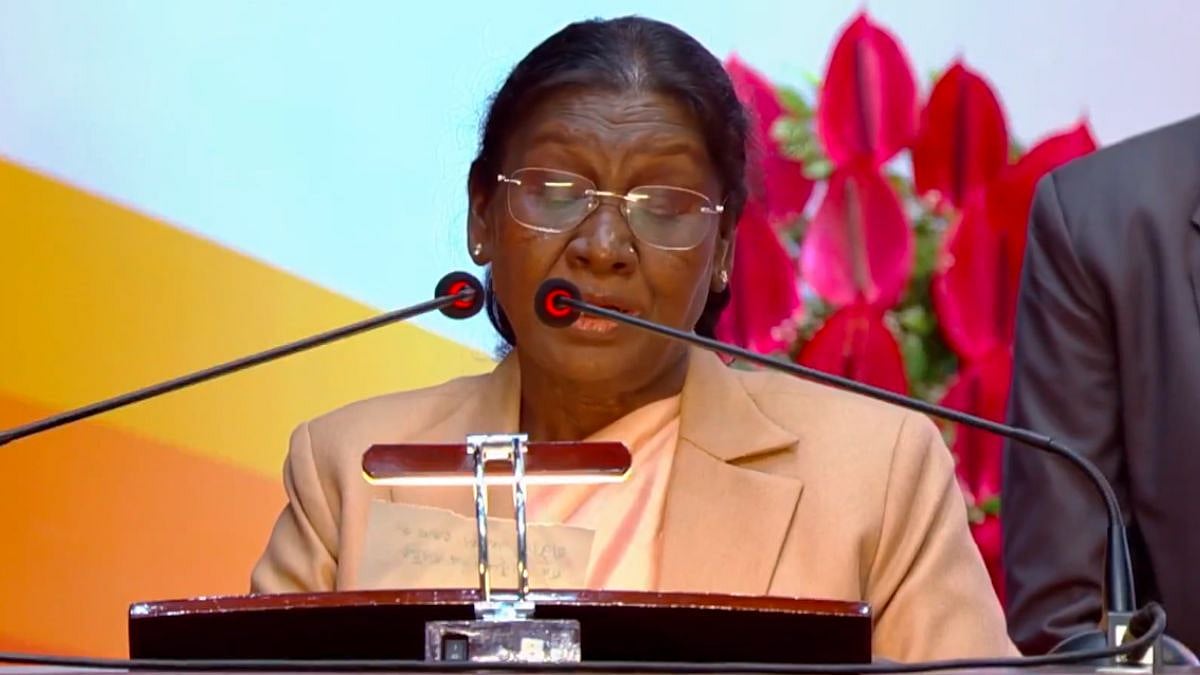Delhi MLA and Aam Aadmi Party (AAP) leader Atishi has come a long way from being a teacher to a politician. Referred to as the ‘architect of educational reforms in Delhi Government schools’, she is an inspiration for several women who are striving to make a space for themselves in politics. On International Women’s Day, Atishi recounts her journey and shares her take on what needs to be done to bring more women into the political sphere. Excerpts from the interview:
You left your job as a teacher to enter politics. What was the driving force behind your decision?
I was actually living in a village near Bhopal and working with the local community on social and ecological issues when the India Against Corruption movement began. In all my years as a grassroots activist, I had never seen a social movement that had brought together the entire country, from school students to senior citizens, all demanding a better government. I think it was the faith in the people’s movement, in the fact that if so many people were willing to sacrifice their comfortable lives and enter the muddy terrains of electoral politics, it is bound to bring a long-lasting change in our country. As activists and teachers we hope to bring about social change but in the end, are dependent on politicians to scale it up. For once, people like us who wanted to serve the people, had a real opportunity to do it.

What do you think is the role of women in making politics a more accessible space?
I don’t think the onus should be on women alone to make politics a more accessible space. Men are crucial stakeholders in the fight for women's representation and for any lasting change we need men in politics to commit to the cause as well. Having said this, I do think that when women enter our decision-making bodies and begin to shape our policies, they open gates for more women to participate in the public life. At the most basic level, seeing women politicians helps young girls imagine themselves in leadership roles and encourages them to step foot into politics. But I hope, in the near future, we are able to do more than just be role models for women interested in joining politics.
Women's representation in parliament still remains low. What do you think needs to be done to make it on par with men?
I often say that politics is a direct reflection of our society. Political parties will always be inclined to support candidates that people want to see in power. If we hope to increase women’s representation in political spaces we need to start working within our communities. Until the people on your streets begin demanding woman leaders, true change will be difficult. Women political leaders receive threats on social media and there is no public anger against it. They are easy targets and will remain so until your average voter is sensitised on gender issues. I think if all of us start speaking up in our communities, in our families, on social media about the need for this change, then the political system will have to respond.
What are the reasons that women have not been able to come forward in politics?
If one thinks from the perspective of a young girl in India, what reasons could she have to join politics? Most young girls in our country receive no encouragement to think seriously about their professional lives or to be financially independent. They have to fight with their families and their communities for every inch of independence they seek. Now think of what we are expecting out of these women--we expect them to come to be a part of a system, which is almost entirely male-dominated, where they see barely any role models, where there are no easy entry points for those who do not come from political families, where the few women politicians that exist are being harassed online and where very few survive without money or muscle power. I think it is commendable that women find the strength to enter Indian politics at all.

Based on your experience, what advice would you give women considering pursuing a career in politics?
I am convinced that any woman who is considering a career in politics is already brave and committed to the idea of serving the country. My advice would be to never lose sight of these two qualities— you will need to remind yourself of it often. It is a muddy road and only complete faith in yourself and your reasons for joining politics will let you survive here. But I don’t want to frighten any woman choosing to enter politics. While the path is difficult, you will be able to make a real change in the society. The country needs brave women like you to take charge of the future and transform Indian politics.
On International Women’s Day, a message you would like to give women at crossroads regarding life choices?
As a society, we have failed to give you a truly equal world. You will have to be brave, you will have to make difficult choices, and you will have to support each other in this fight for a better world for women. But most importantly, you have to learn to be kind to yourself. The world we live in will make it difficult and that is all the more reason you need to learn it early.
Who is your support system?
I have a very supportive family and a close circle of colleagues who have all been by my side and supported me through the ups and downs of political life. I am very grateful to have people I can count on.
Any person whom you look up to for inspiration?
As clichéd as this might sound, my inspiration continues to be the children of Delhi. I want to make sure that every child can access his or her full potential irrespective of the socio-economic situation of the families they are born into. Every time I meet children at a Delhi government school and see them enjoying the fruits of the Delhi education revolution, I find the motivation to work harder and create an even better Delhi for them.
How do you strike a work-life balance?
It is difficult and I am not always successful. Ever since I have become an MLA, people come to me with their problems when they can see no other solution. The MLA is much like a family elder that way— I am given the responsibility of resolving all sorts of issues. Sometimes, I’ll be on my morning walk and people will find me on the way to share their problems or my neighbour will stop me as I walk up to my home in the evening to share his concerns about the constituency. It is like being a part of a big family, where some days I am resolving fights between neighbours and the next day I will be attending their child’s birthday party. My work and life have become so interlinked that I have found balance somewhere in between.








